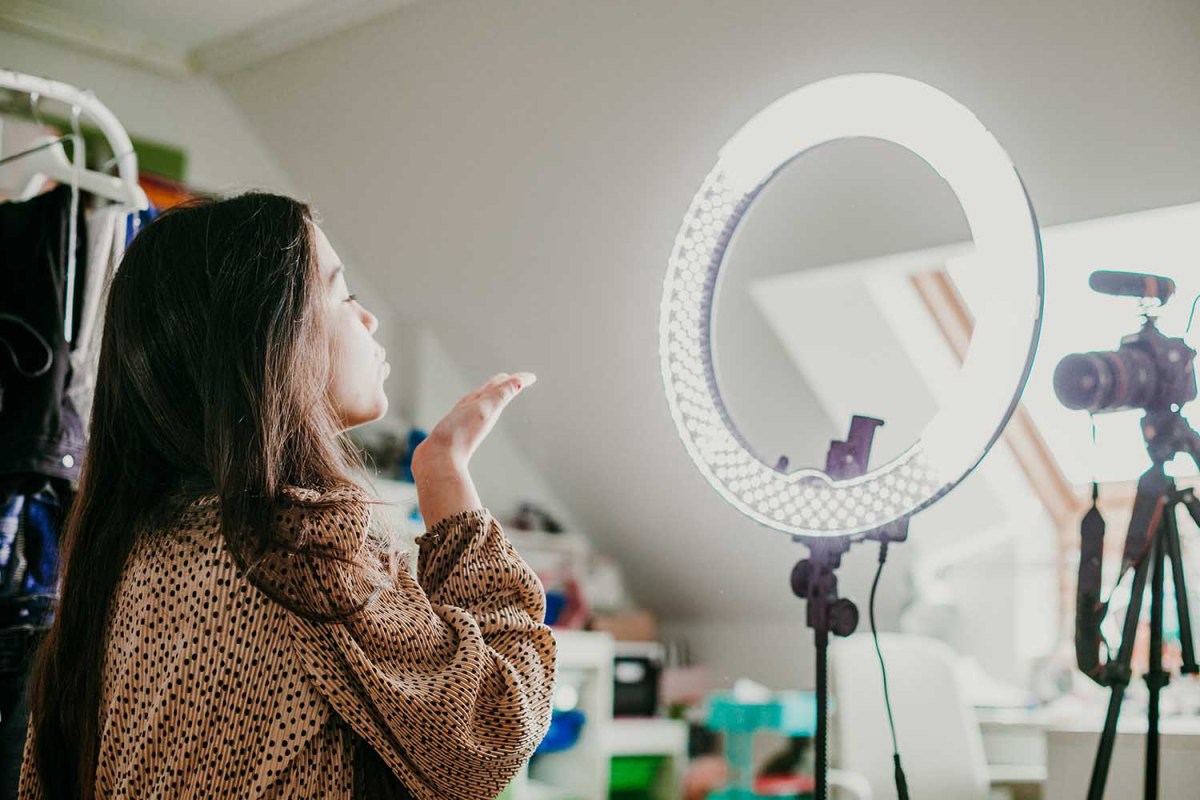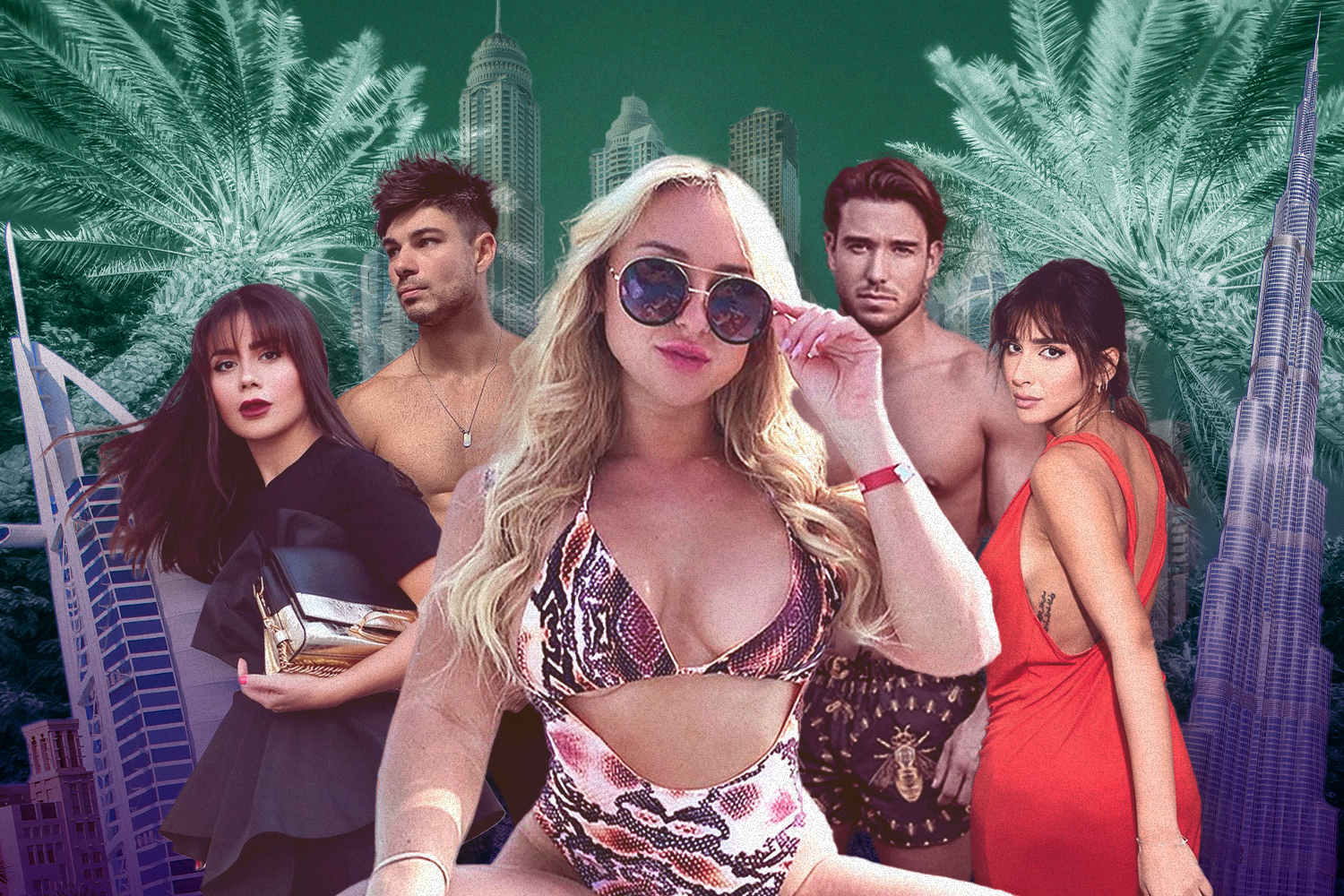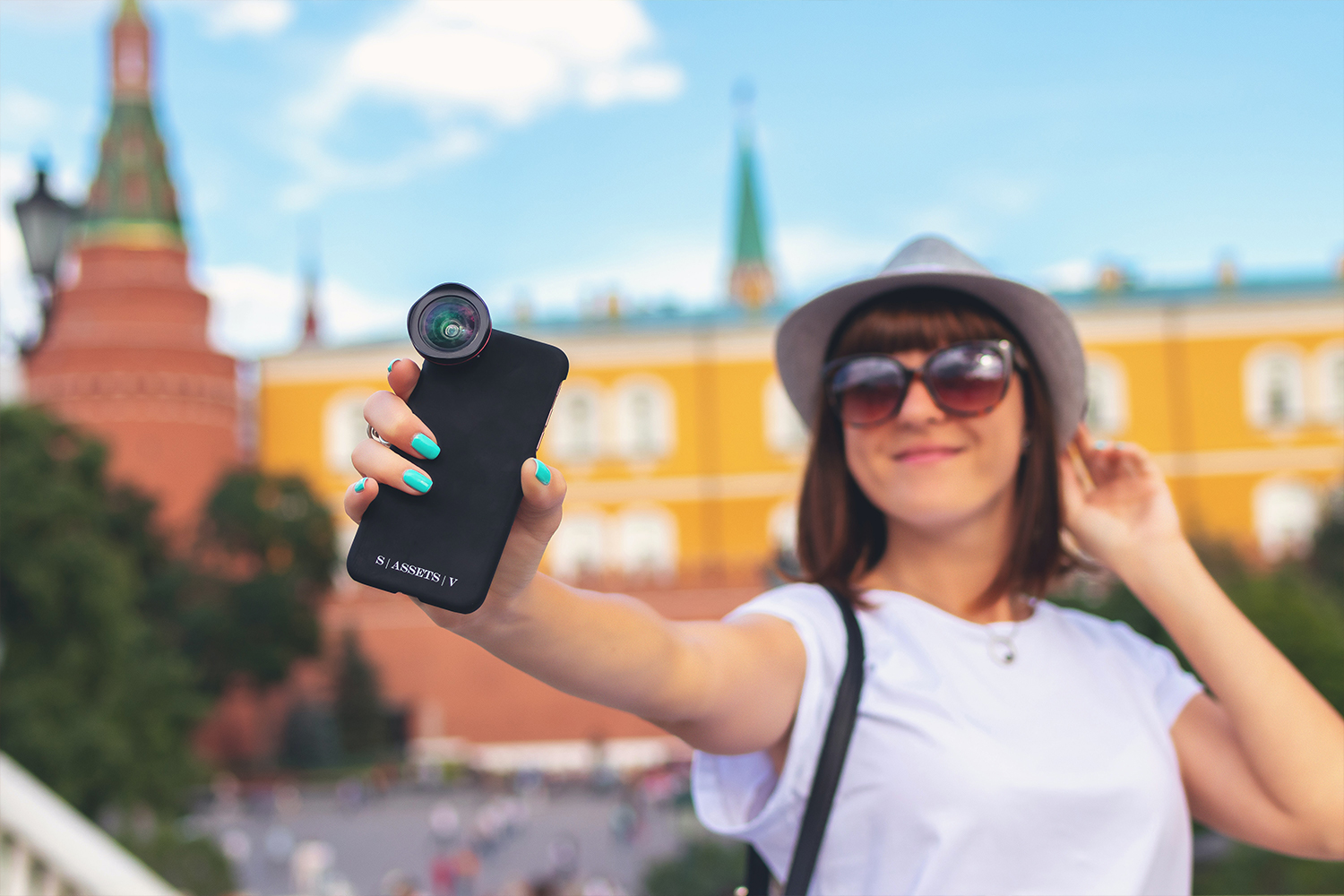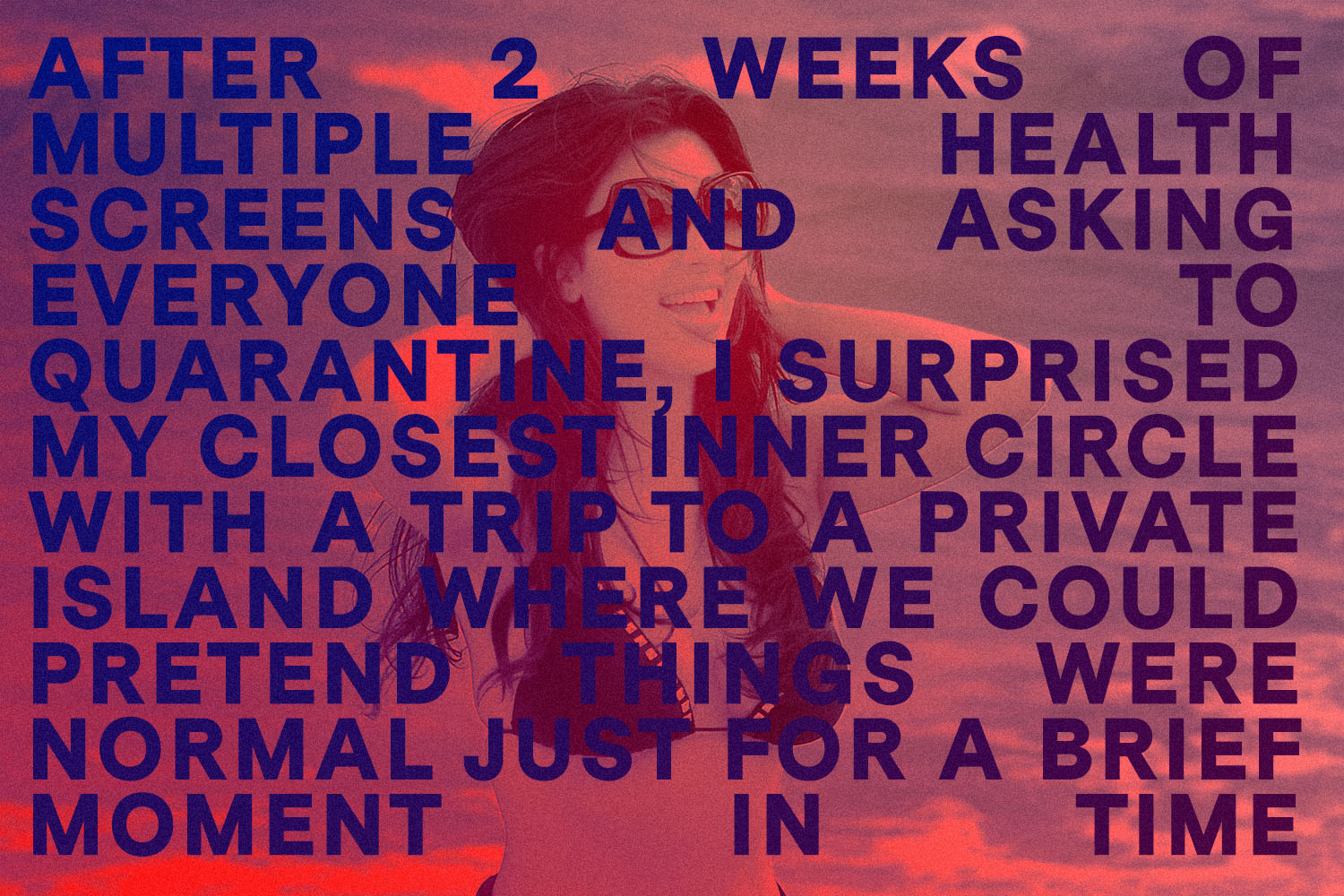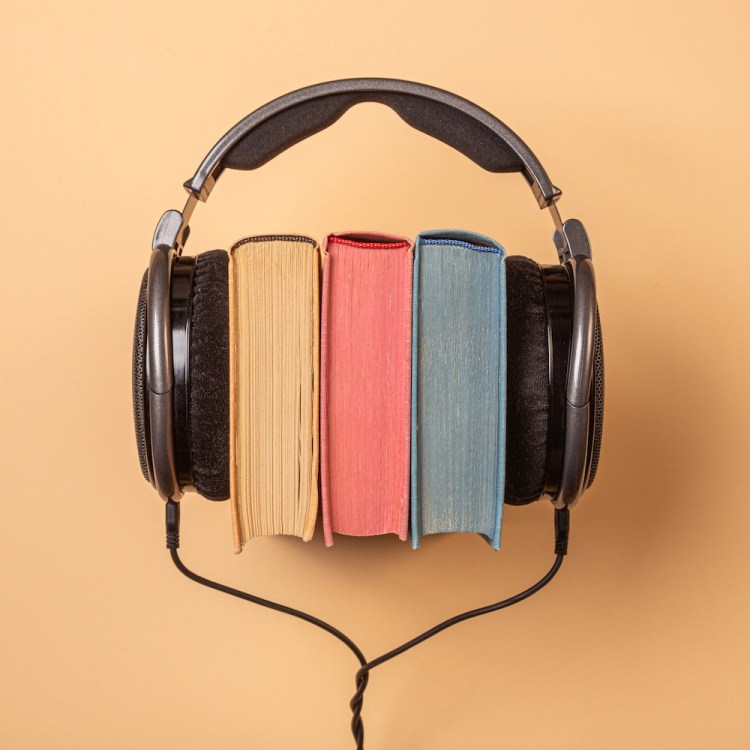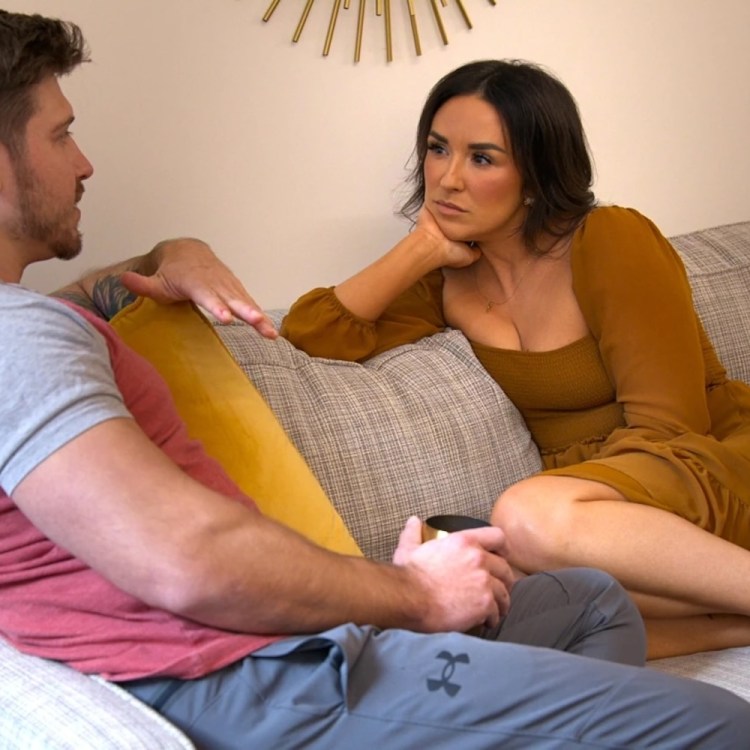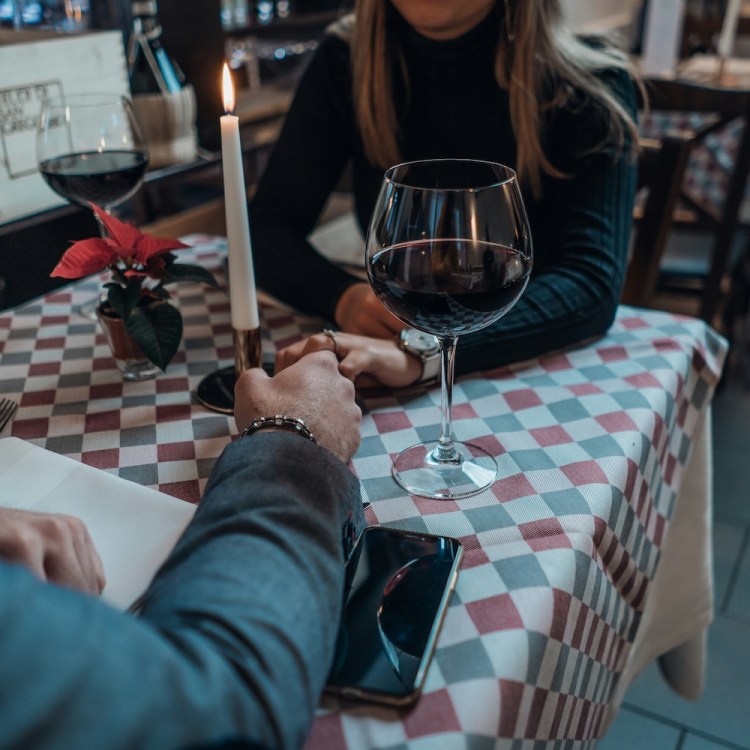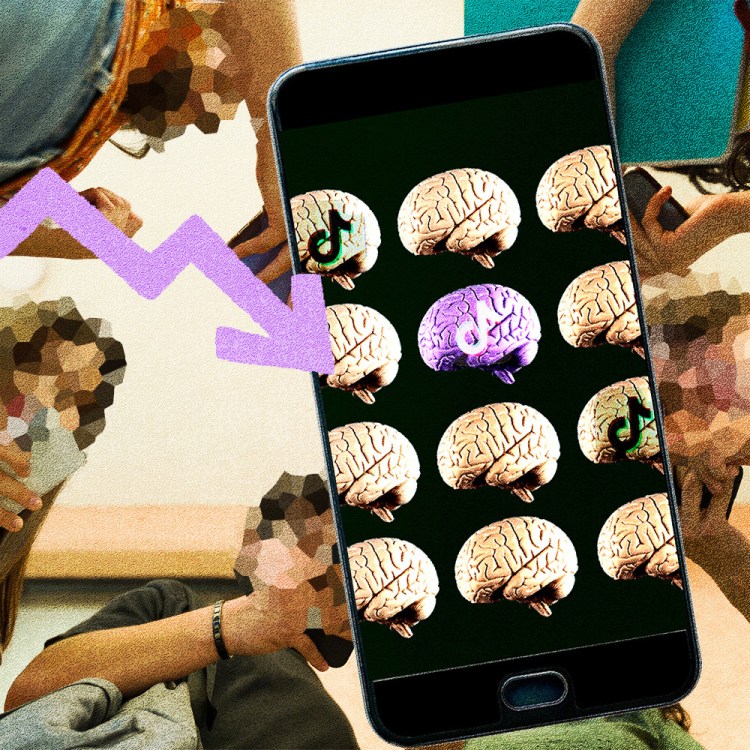COVID-19 cases are once again skyrocketing in the U.S. thanks to a lovely combination of the heavily transmissible Delta variant coupled with low vaccination rates throughout the country. While we’re still learning about the new variant daily, the good news is that vaccines continue to be highly effective against the virus in preventing hospitalization and death. As authorities have urged, the best thing you can do to protect yourself against COVID-19 is to get vaccinated.
Of course, a major reason the U.S. is experiencing a lag in vaccinations can be traced to certain media outlets sowing fears about the vaccine, along with the flood of vaccine misinformation circulating the internet and social platforms, making it extremely difficult to convince those vaccine-hesitant to get jabbed. It’s why authorities are enlisting the help of the internet’s most influential faces.
According to the New York Times, the White House and certain states are recruiting an “influencer army” of Twitch streamers, YouTubers and TikTokers to help dispel vaccine lies and encourage their young fans to get inoculated. Young people have the lowest vaccination rates of any eligible age group in the United States, with 58 percent of people ages 12 to 17 still without their first shot.
Last month, the most popular teenager on the planet, actress and singer Olivia Rodrigo, visited the White House in an effort to boost those teenage vaccination numbers. She asked Dr. Anthony Fauci questions about getting vaccinated, read vaccine-related fan questions and then had to explain what “man crush Monday” was to the NIAID director. Was it a bit cheesy? Sure. But if it gets the stans vaccinated, we’re all for it.
Other influencers who have been appointed to the White House’s influencer army will often post similar content with Fauci on their respective social pages: Q&A videos with the doctor where they ask him questions concerning viral vaccine rumors, the effects of the vaccine and how variants stand up against it. Meanwhile, some state and local governments are paying “‘local micro-influencers’ — those with 5,000 to 100,000 followers — up to $1,000 a month to promote Covid-19 vaccines to their fans,” says the Times.
So how effective are these influencer vaccination campaigns?
Renee DiResta, a researcher who studies misinformation at the Stanford Internet Observatory, told the Times that while these types of campaigns can be helpful, “they may be no match for mass, organic online movements” who are constantly pushing anti-vax theories and spreading fear about the virus. “People who believe it’s going to hurt you are out there talking about it everyday. They’re driving hashtags and pushing content and doing everything they can do,” she told the Times.
However, we can still hold out hope the influencers will work their influencing magic and save us all. With the recent rise in Covid cases due to the quickly spreading Delta variant, local governments’ interest in these influencer campaigns has “sparked sharply within the past week.” Rob Perry, chief executive of XOMAD, a digital marketing agency that has worked with state and local governments to find local influencers to promote vaccination in their communities, told the Times, “when large numbers of influencers post in the same time period, vaccination rates go up.”
So keep doing your thing, influencers. Our lives may just depend on it.
Thanks for reading InsideHook. Sign up for our daily newsletter and be in the know.
